[et_pb_section bb_built=”1″ admin_label=”section”][et_pb_row background_position=”top_left” background_repeat=”repeat” background_size=”initial”][et_pb_column type=”1_4″][et_pb_text background_layout=”light” text_orientation=”left” use_border_color=”off” border_color=”#ffffff” border_style=”solid” module_alignment=”left” background_position=”top_left” background_repeat=”repeat” background_size=”initial”]
![]()
[/et_pb_text][/et_pb_column][et_pb_column type=”3_4″][et_pb_text admin_label=”Major advertisers” background_layout=”light” text_orientation=”left” use_border_color=”off” border_color=”#ffffff” border_style=”solid” module_id=”Major advertisers” module_alignment=”left” background_position=”top_left” background_repeat=”repeat” background_size=”initial”]
2016 WVBC Cavada winner Candy Man’s Girl. Photo by Coady Photography.
by Ted Black
During a career that began more than 50 years ago when he was still in his teens, Charles Town General Manager of Racing Operations Dickie Moore has run the gamut when it comes to chores at the track. Yet he says he still looks forward to every live racing card, especially the upcoming West Virginia Breeders Classics this Saturday night, with the type of youthful enthusiasm that has kept him moving willingly from his office to the winner’s circle.
Moore, who will turn 72 later this month, began his prolonged tenure at the oval in 1964 working as the designated change man behind the parimutuel lines. Moore first began working at Charles Town before computers ushered in a new era of convenience, and it was a different time.
[/et_pb_text][et_pb_text admin_label=”All advertisers” background_layout=”light” text_orientation=”left” use_border_color=”off” border_color=”#ffffff” border_style=”solid” module_alignment=”left” background_position=”top_left” background_repeat=”repeat” background_size=”initial”]
“When I started out as the change man at the track, there was a line of tellers in the front for betting and another line around the back for cashing,” Moore recalled. “Some people did the figures by hand on scrap paper, and some did it with small calculators. It was a completely different era than what we’re used to today. But back then that was the only way we knew how to do it, and there were always big crowds at the track every night, and that kept you busy.”
Moore eventually became a parimutuel teller and held that position for 12 years before becoming the track’s racing secretary in 1986. Along the way, Moore witnessed a number of firsts at Charles Town and neighboring Shenandoah Downs, where he held the same position. Shenandoah Downs was the first thoroughbred track to offer night racing, and then Charles Town became the first to offer live racing on Sundays. Those tracks alternated racing dates each year until Shenandoah Downs eventually closed in 1979, with one getting the winter and summer meets and the other getting the spring and fall meets.
[/et_pb_text][et_pb_text background_layout=”light” border_style=”solid” module_alignment=”left” background_position=”top_left” background_repeat=”repeat” background_size=”initial” _builder_version=”3.0.78″]
[/et_pb_text][et_pb_text admin_label=”3rd part of story” background_layout=”light” border_style=”solid” module_alignment=”left” background_position=”top_left” background_repeat=”repeat” background_size=”initial” _builder_version=”3.0.78″]
“Up until they changed all of the tax laws in 1986, it seemed like every track had plenty of horses,” Moore said. “When that’s the case, the racing secretary’s job is a lot easier. We had a lot more horses than we needed every day we took entries. But then the tax laws changed and the foal crops began to drop. At one time there were probably 40-45,000 foals born every year and 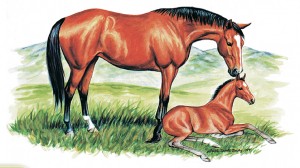 now it’s down to around 25,000. In the long run, that makes it tougher to fill races everywhere.”
now it’s down to around 25,000. In the long run, that makes it tougher to fill races everywhere.”
One year after Moore became the racing secretary at Charles Town, the track offered the first edition of the West Virginia Breeders Classics, though back then it included only five stakes, capped by the inaugural edition of the Classic, which that year went to local legend Onion Juice. There were six stakes for the Classics from 1988-1999, and then it was expanded to eight from 2000-07 before reaching the current format of nine in 2008. But Moore contends the early days were the key to its current success.
[/et_pb_text][et_pb_text admin_label=”related posts” _builder_version=”3.0.78″ background_layout=”light” border_color=”#757575″ border_style=”solid”] [yuzo_related] [/et_pb_text][et_pb_text admin_label=”3rd part of story” background_layout=”light” border_style=”solid” module_alignment=”left” background_position=”top_left” background_repeat=”repeat” background_size=”initial” _builder_version=”3.0.78″]
“A lot of credit for the West Virginia Breeders Classics has to go to Carol Holden and Millard Harrell,” Moore said. “They both knew which horses were bred in West Virginia and certified for the Breeders Classics. Without them to keep track of the numbers each year, it could have never survived. Sam [Huff] did a great job of bringing in the sponsors and the money and getting the night in the spotlight, but Carol and Millard were the keys to getting it started and keeping it going.”
Moore was the track’s racing secretary in the mid-1990s when the decline in handle and purses chased many owners and breeders out of the business, and Charles Town briefly announced that it would close when the initial referendum to add slot machines failed to pass. But a revived slots effort put the proposal on the ballot in the fall of 1996, and it passed with ease and prompted Penn National to complete its purchase of the historic oval.
“There were a lot of people up here who would have been out of work for a long time if the slots bill had not passed,” Moore said. “When the slots money finally kicked in, we had a lot of horses and a lot more people were breeding horses in West Virginia. For a few years both the Classic and the Cavada went for $500,000 apiece. We had enough horses to run five nights a week. But now that the other states around us have slots, it’s definitely leveled the playing field and now we’re lucky to run three nights each week.”
Having already been a part of the roller coaster ride that thoroughbred racing offers at each track over the past five decades, Moore is eagerly looking forward to this Saturday’s 32nd renewal of the West Virginia Breeders Classics.
“It’s always a fun night,” Moore said. “It shows you how much racing and breeding means to the state and to the people around here. There are a number of really good horses competing, including Tim Grams’ two horses [Runnin’toluvya and Moonlit Song] and Javier [Contreras’] filly [Late Night Pow Wow]. Javier’s filly just won the Grade III [$300,000] Charles Town Oaks, and she looks like she can compete with any horse anywhere. That’s always the goal of local breeders, that horses from West Virginia can win anywhere.”
[/et_pb_text][et_pb_text admin_label=”Minor advertisers” background_layout=”light” text_orientation=”left” use_border_color=”off” border_color=”#ffffff” border_style=”solid” module_alignment=”left” background_position=”top_left” background_repeat=”repeat” background_size=”initial”]


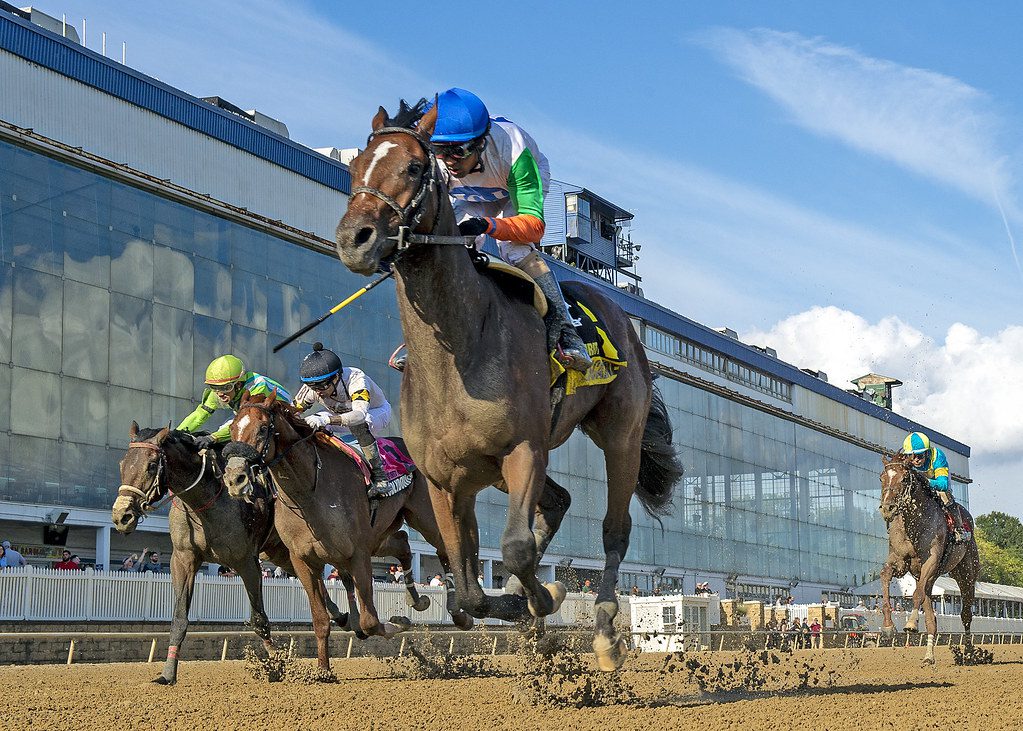
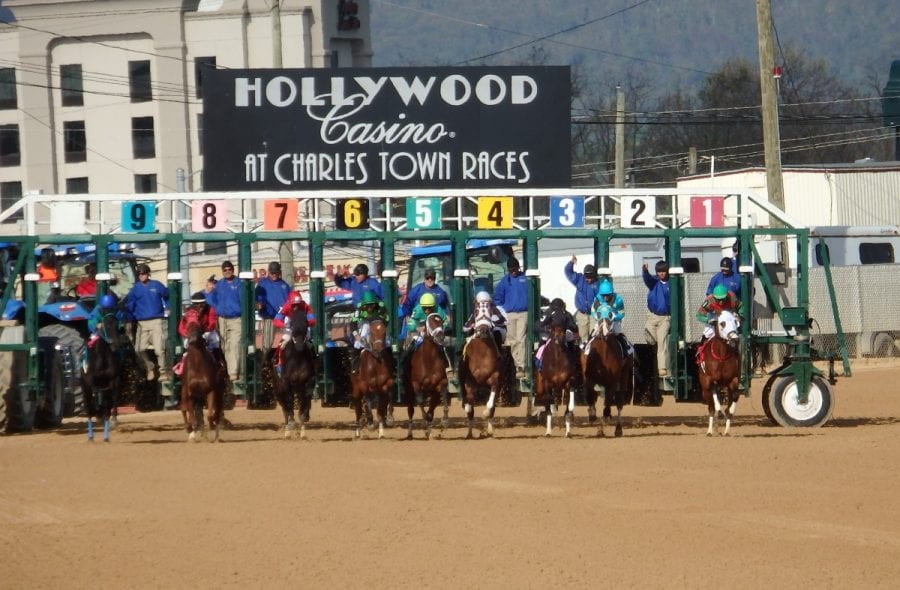
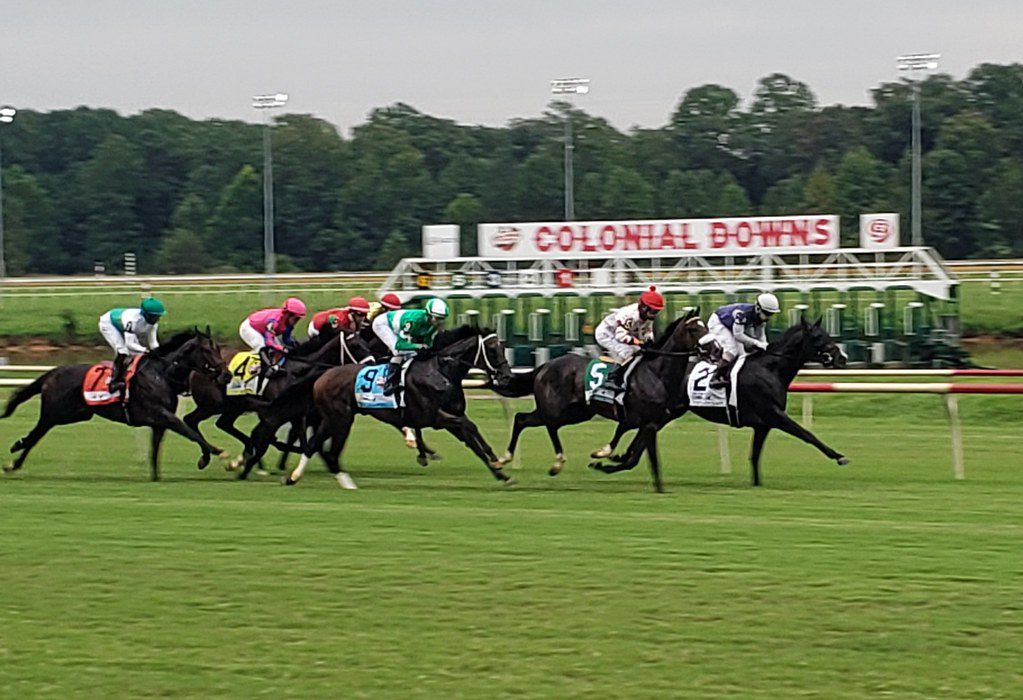
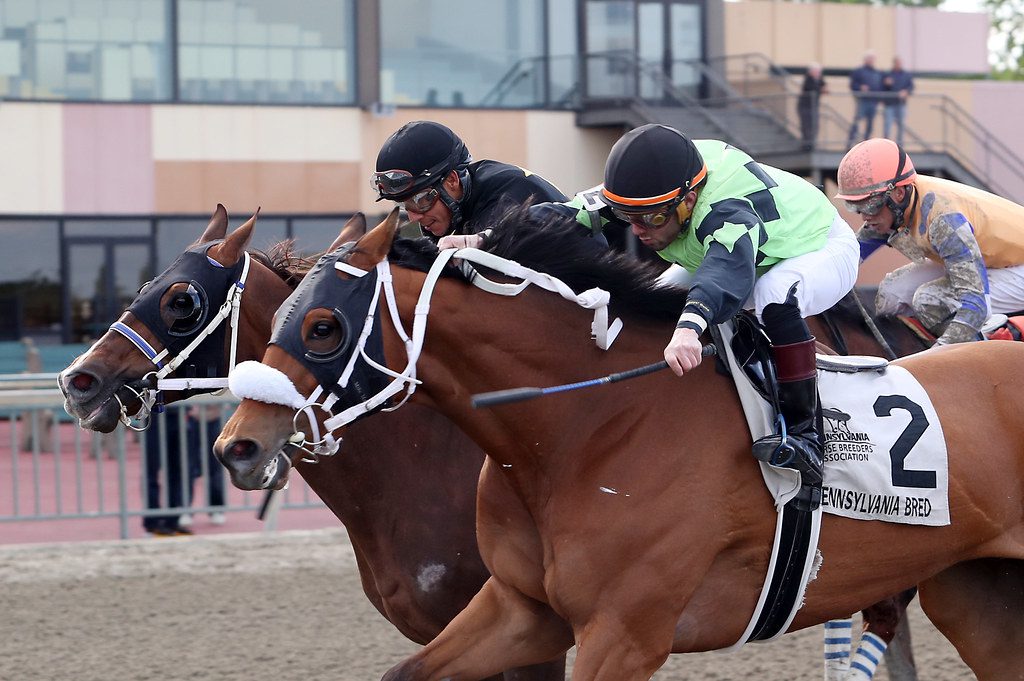
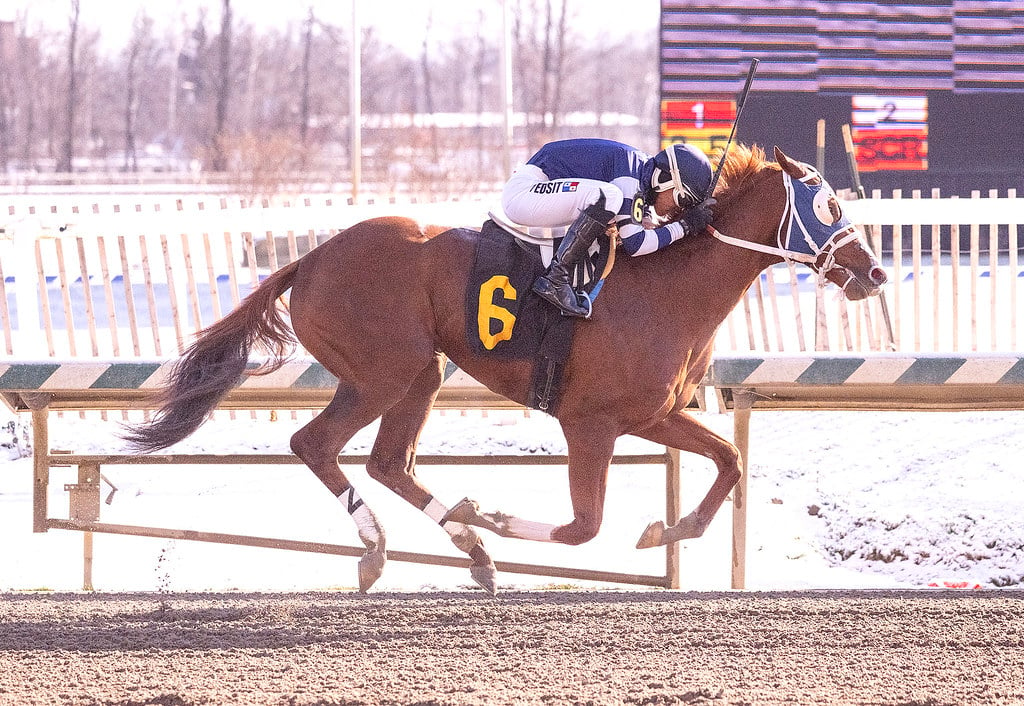
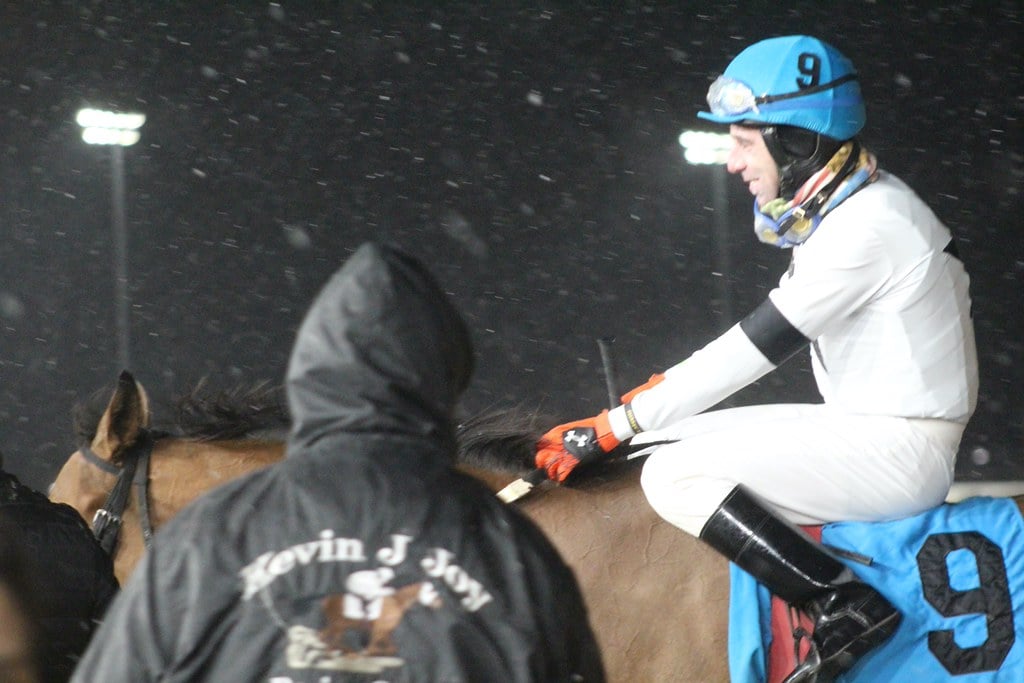

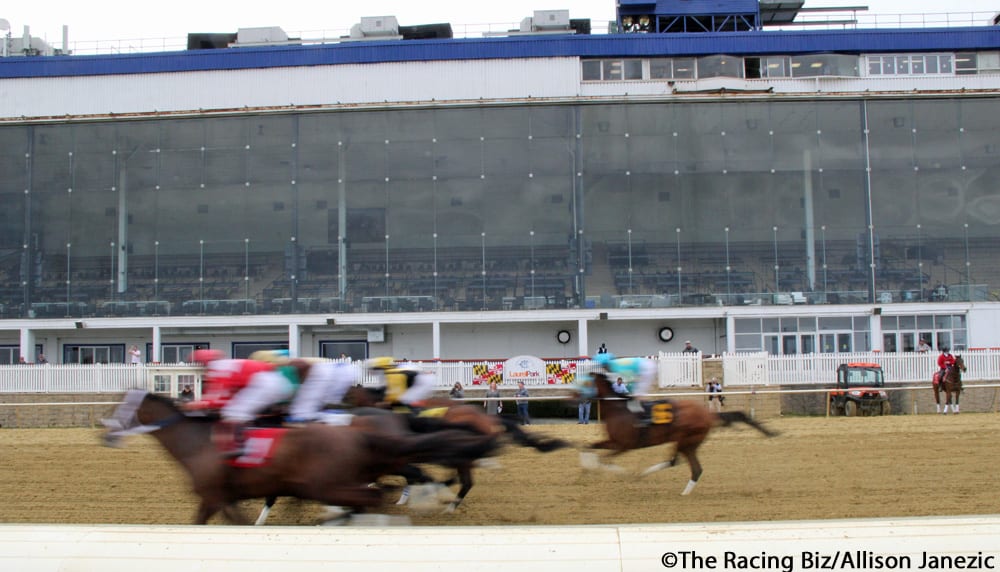
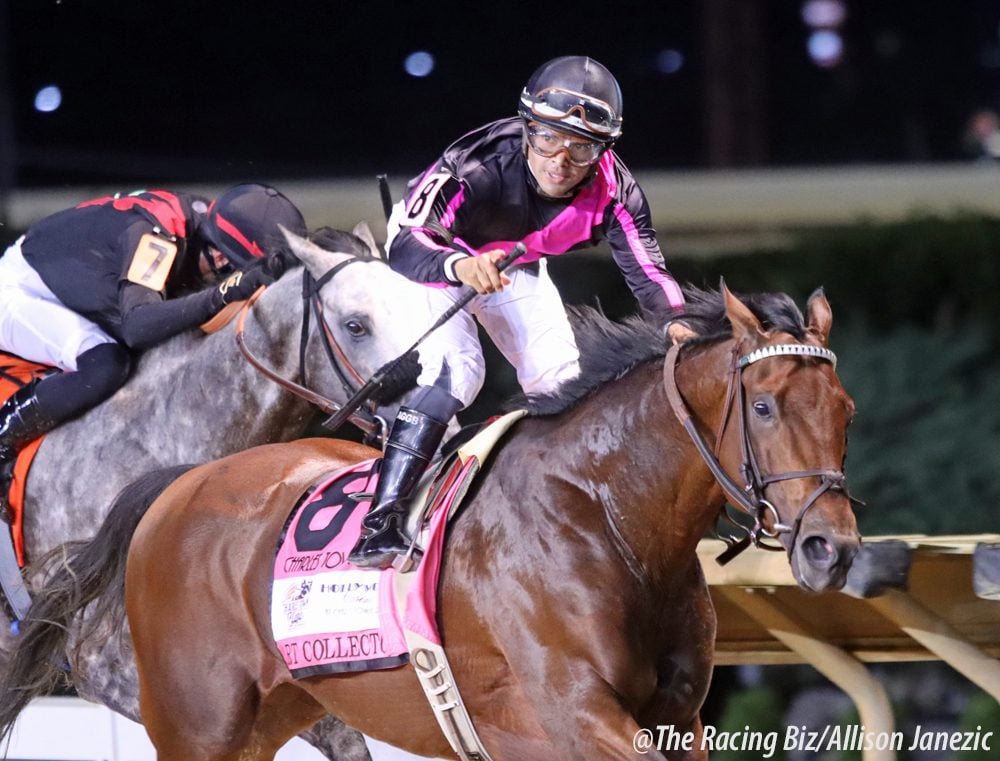



James Casey D.V.M
12th Oct 2018Well written. Thanks